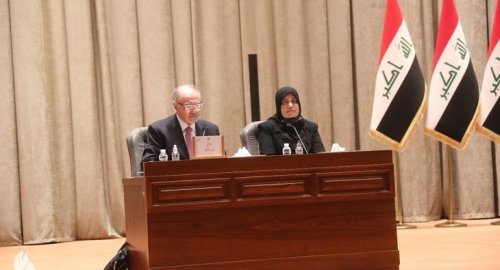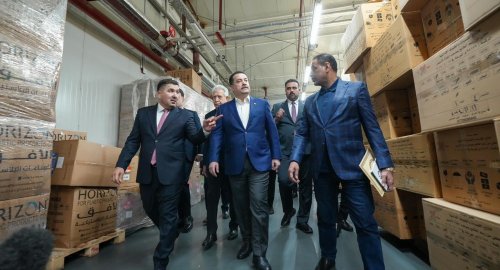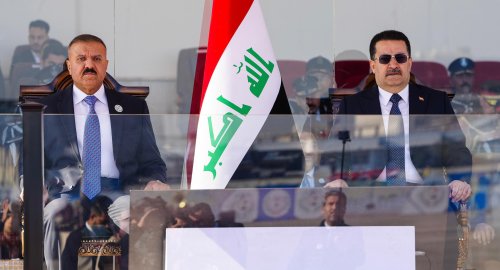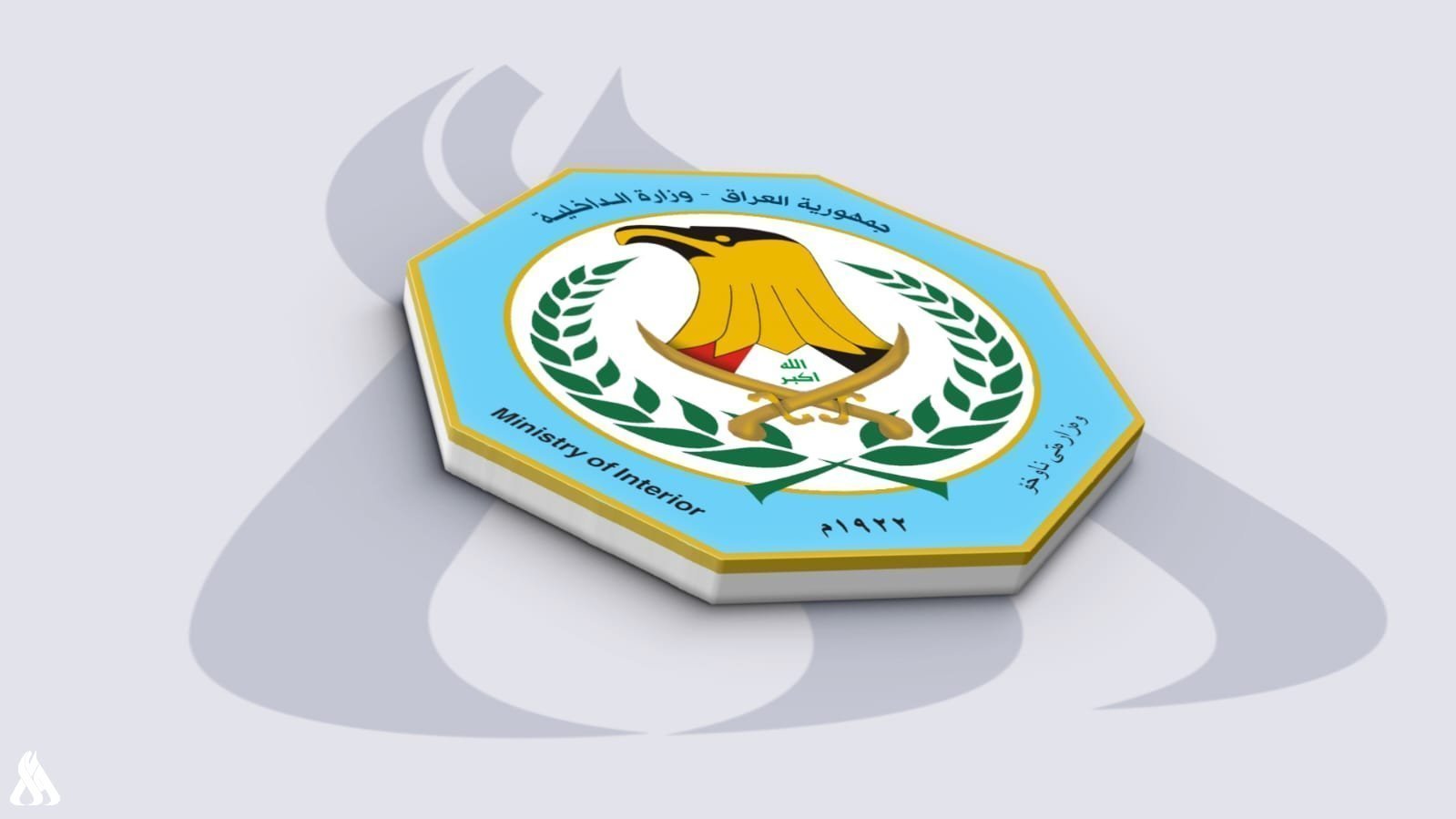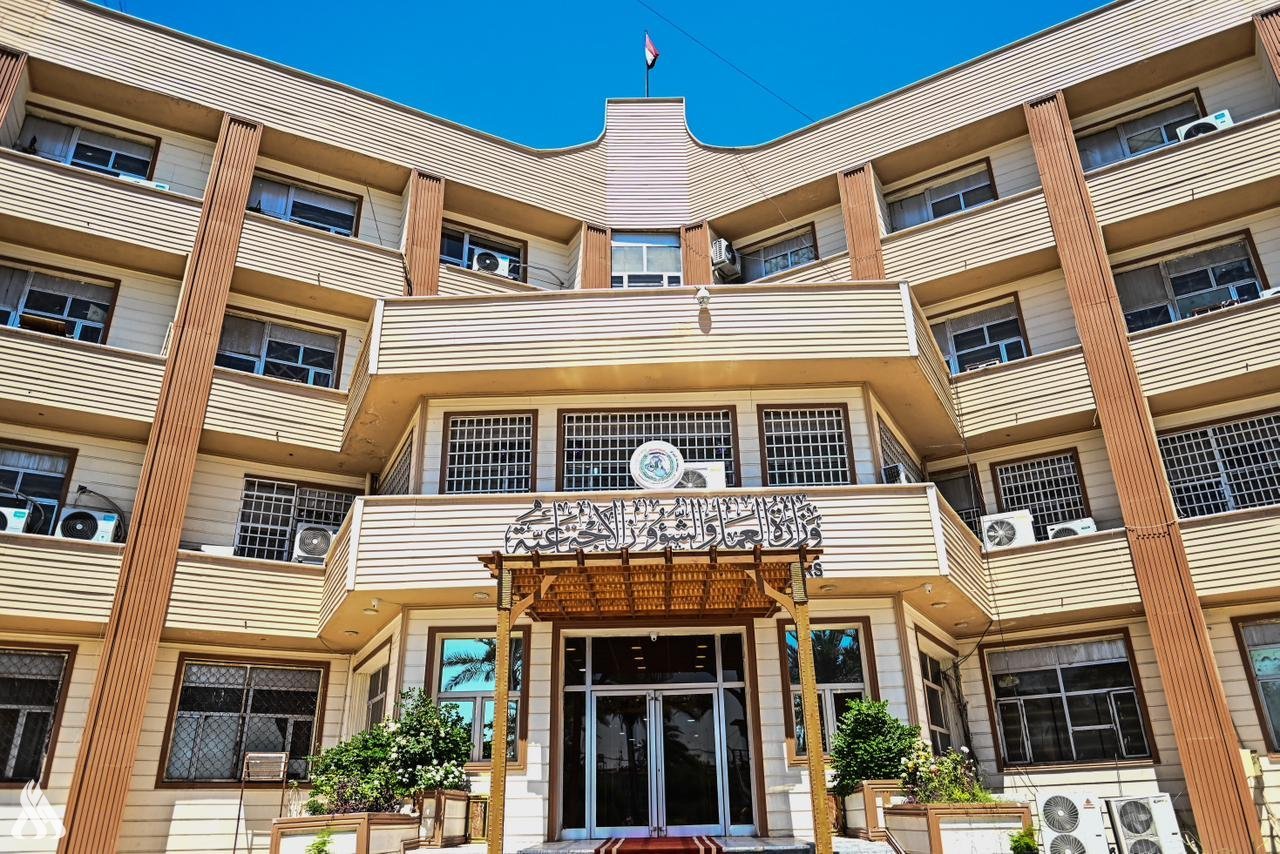
Al-Kadhimi’s advisor elaborates three essential solutions to curb inflation

- 24-07-2022, 19:36
Baghdad-INA
The financial advisor to the Prime Minister, Mazhar Mohammad Salih, elaborated Today, Sunday, three important solutions that monetary policy pursues to confront inflationary prices, while stressing that economic policy in Iraq plays an important role in maintaining stability.
Saleh told the Iraqi News Agency (INA): "The most dangerous trend in the inflationary phenomenon is the the inflationary expectations, which consumers and the business sector expect from future price hikes that lead to immediate adjustments and hedges in the growth of the annual general level of prices, Including warehouse prices, which aggravates the price problem towards an upward trend unless it is addressed by appropriate economic policies.”
He added, "The function of maintaining the stability of the exchange rate in the monetary market is one of the most important monetary policy functions of the Central Bank in addressing the forces that generate inflationary expectations."
He continued, "This is what the monetary policy of the Central Bank of Iraq seeks steadily through using part of its foreign reserves to intervene in the exchange market and to address high levels of domestic liquidity by providing a sufficient supply of foreign currency to meet the needs of market demand for foreign exchange, which in fact represents a demand derived on foreign goods, services and benefits that are undertaken by the foreign trade activities of the private sector.”
He pointed out that "The fiscal policy currently follows three steps to combat inflationary pressures and their expectations resulting from price growth towards the rise, and the financial authority undertakes it through the implementation of the effective Financial Management Law No. 6 of 2019 amended and the emergency food security and development Law No. 2 of 2022."
He explained, "The first step is zeroing of customs duties and taxes on imported goods and services that directly affect people's lives, because customs duties and taxes represent an additional cost that the wholesale trade sector transfers to the consumer sector, or retail through spending or consumer demand for imported goods and services."
He continued: "The second step is adding more food items to the ration card and regulate providing it with subsidized prices to meet the need for the poor people and low-income classes."
Saleh stated, "The third step is continuing the state's stability and its preservation of the prices of its goods and services sold in all the market or what is named the (administrative prices), especially fuel, as well as support for agricultural production requirements and other life and pharmaceutical supplies that government institutions buy to civil activity, in addition to the stability of the rates of fees, taxes and wages imposed by all official authorities with the offer.”
He concluded, "The overall economic policy in our country plays an important role in maintaining stability and containing all price movements, through direct and indirect coordination in the work of monetary and fiscal policies to impose stability and combat inflationary activities in prices and contain manifestations of inflationary expectations at the same time."
Al-Sudani attends Iraqi Police founding celebration
- politics
- 10:47
Magnitude 5.0 earthquake strikes near Āwash, Āfar, Ethiopia
- International
- 09:06
- Sport
- 25/01/02

